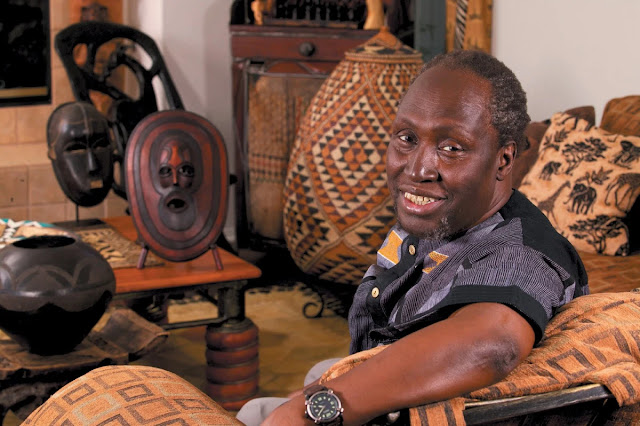 |
| Ngũgĩ wa Thiong’o |
Ngũgĩ wa Thiong’o is a Kenyan Post-colonial theorist, writer & academic
1. The Irish naming system and the Irish language
‘For many years they could not conquer the Irish…they (referring to Edmund Spencer, A View of the Present State of Ireland (1596)) come up with 2 things. One, names. If we can destroy their naming system – how they name themselves – that will be one way, OK? But the other way is language. If we can suppress their naming system, and their language, they will soon forget who they are.
Now,
the same practice was followed with African people, enslaved African
people…part of what they call the process of breaking them down, what they call
seasoning, or whatever, you know, was language.’
2. Language as a carrier of culture
‘Language, any language, has a dual character: it is both a means of communication and a carrier of culture. Take English. It is spoken in Britain and in Sweden and Denmark. But for Swedish and Danish people English is only a means of communication with non-Scandinavians. It is not a carrier of their culture. For the British, and particularly the English, it is additionally, and inseparably from its use as a tool of communication, a carrier of their culture and history.’
3. Language,
memory & identity
‘Colonial powers imposed languages to strike at the thing that bound communities, and to control memory.’
4. A moral right to your cultural language
‘Every person, whether in Africa or Europe, has a right to their mother tongue or to the language of their culture, and it doesn’t matter if that language is spoken by only 5 people. Those 5 people have a right to their language and to the intellectual production of ideas in their language.’
Europe and the West must also be decolonised
5. Alienation from your own heritage
‘If you know all the languages of the world and you don’t know your mother tongue, or the language of your culture, that is enslavement.’
6 Alienation from your native language
‘How did we, as African writers, come to be so feeble towards the claims of our languages on us and so aggressive in our claims on other languages, particularly the languages of our colonization?’
7. Colonised attitudes to language
‘What is the difference between a politician who says Africa cannot do without imperialism and the writer who says Africa cannot do without European languages?’
8. On native literature as a form of decolonisation
‘I believe that my writing in Gikũyũ language, a Kenyan language, an African language, is part and parcel of the anti-imperialist struggles of Kenyan and African peoples’.
9. Language as a tool of subjugation
‘Language was the means of the spiritual subjugation.’ (Recolonialism)
10. The elevation of the colonial language and the diminution of the native language. ‘In Kenya, English became more than a language: it was the language, and all the others had to bow before it in deference’.
